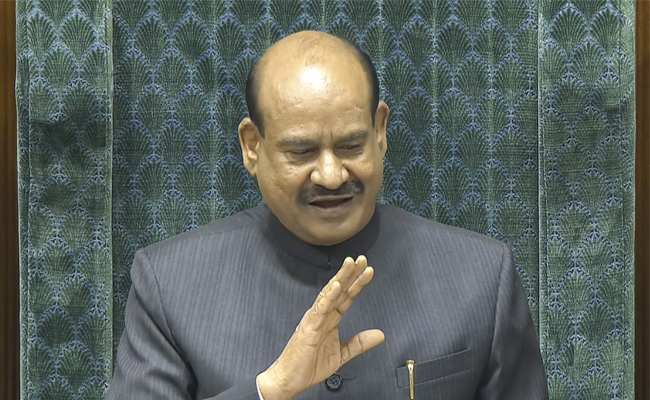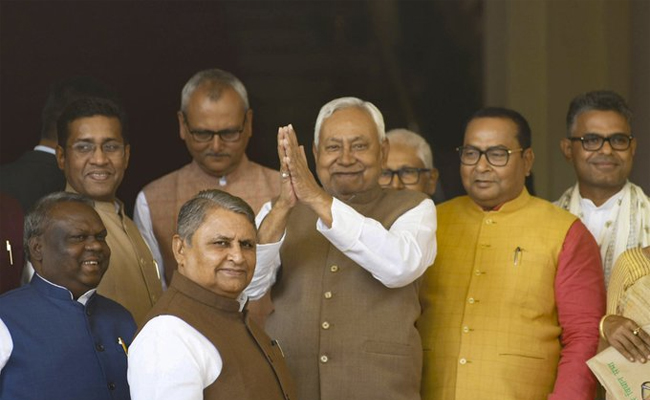San Francisco, May 15: A data set of over 3 million Facebook users collected via a personality app was available to download freely for anyone for almost four years, New Scientist reported.
The data set was collected via the personality quiz app "myPersonality" by academics at the University of Cambridge.
"The data was highly sensitive, revealing personal details of Facebook users, such as the results of psychological tests.
"It was meant to be stored and shared anonymously, however such poor precautions were taken that deanonymising would not be hard," the report said.
The data sets were controlled by David Stillwell and Michal Kosinski at the University of Cambridge.
"More than 6 million people completed the tests on the myPersonality app and nearly half agreed to share data from their Facebook profiles with the project," said the report.
Alexandr Kogan, at the centre of the British political consultancy firm Cambridge Analytica scandal, was previously part of the project.
"Cambridge Analytica had approached the myPersonality app team in 2013 to get access to the data, but was turned down because of its political ambitions," the report said.
Facebook last month suspended "myPersonality" from its platform, saying the app may have violated its policies.
The social media giant on Monday said that is auditing each and every app that has access to the data of its users and has already suspended 200 apps which failed to comply with its policies.
The company CEO Mark Zuckerberg had promised a thorough investigation and audit into apps that had access to information before Facebook changed its platform policies in 2014 -- significantly reducing the data apps could access.
"To date, thousands of apps have been investigated and around 200 have been suspended -- pending a thorough investigation into whether they did in fact misuse any data," Facebook said.
If Facebook finds evidence that these or other apps did misuse data, it will ban them and notify users via Help Centre on its website.
Appearing before the US Congress in April, Zuckerberg told lawmakers that his own personal data was part of 87 million Facebook users that was improperly shared with Cambridge Analytica.
Let the Truth be known. If you read VB and like VB, please be a VB Supporter and Help us deliver the Truth to one and all.
Guwahati (PTI): Three Congress MLAs – Kamalakhya De Purakayastha, Sashikanta Das and Basanta Das – on Thursday joined the ruling BJP in Assam, along with two others, ahead of the assembly polls.
All of them were inducted into the party by state BJP president Dilip Saikia in the presence of Union minister Pabitra Margherita at a function here.
The development comes close on the heels of former Assam Congress president Bhupen Borah joining the saffron party.
ALSO READ: Curbs on movement, assembly remain in force in Kashmir after protests against Khamenei's killing
Elections to the 126-member Assam assembly are likely to be held in April.
Purakayastha represents Karimganj (North), while Sashikanta and Basanta are sitting MLAs from the Raha and Mangaldoi (SC) constituencies, respectively.
The two others who joined the BJP are former Congress joint secretary Parsha Bob Kalita and former Trinamool Congress general secretary Kangkan Nath.
The three MLAs, reported to be close to Chief Minister Himanta Biswa Sarma, had openly supported the BJP for the past few years, with Sasikanta Das announcing his support to the ruling party's policies in 2021.
The Congress had suffered a jolt, with Borah joining the BJP on February 22, while two other MLAs Abdul Rashid Mondal and Sherman Ali Ahmed switching over to the Raijor Dal last month.
Both Mondal and Ahmed are three-time legislators from Goalpara (West) and Baghbar, respectively.





